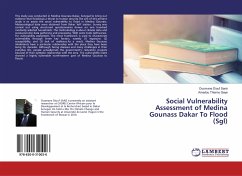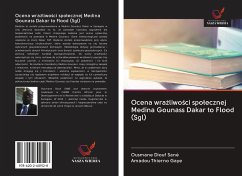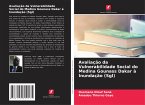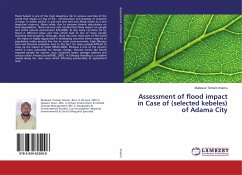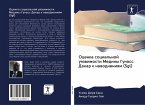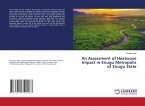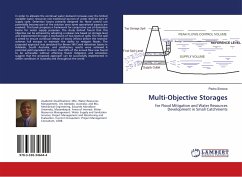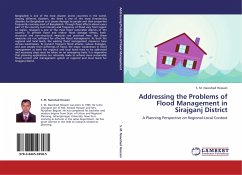This study was conducted in Medina Gounass Dakar, Senegal to bring out evidence that floodingis a threat to human security.The aim of this present study is to assess the social vulnerability to flood in Medina Gounass. Meteorological data were obtained from Dakar Yoff station. Survey was carried out using structured questionnaires drawn on one hundred randomly selected households. The methodology is about climate data and socioeconomic data gathering and processing. With some tools (softwares). For vulnerability assessment, the move framework is used to characterize vulnerability through three key factors, namely (1) exposure, (2) susceptibility, and (3) lack of resilience.As a result, Medina Gounass inhabitants have a particular relationship with the place they have been living for decades. Although facing diseases and many challenges in their everyday life, people actuallyresist the government's relocation projects because of their symbolic relationship with the area. The vulnerability index showed a highly vulnerable north-eastern part of Medina Gounass to floods.

